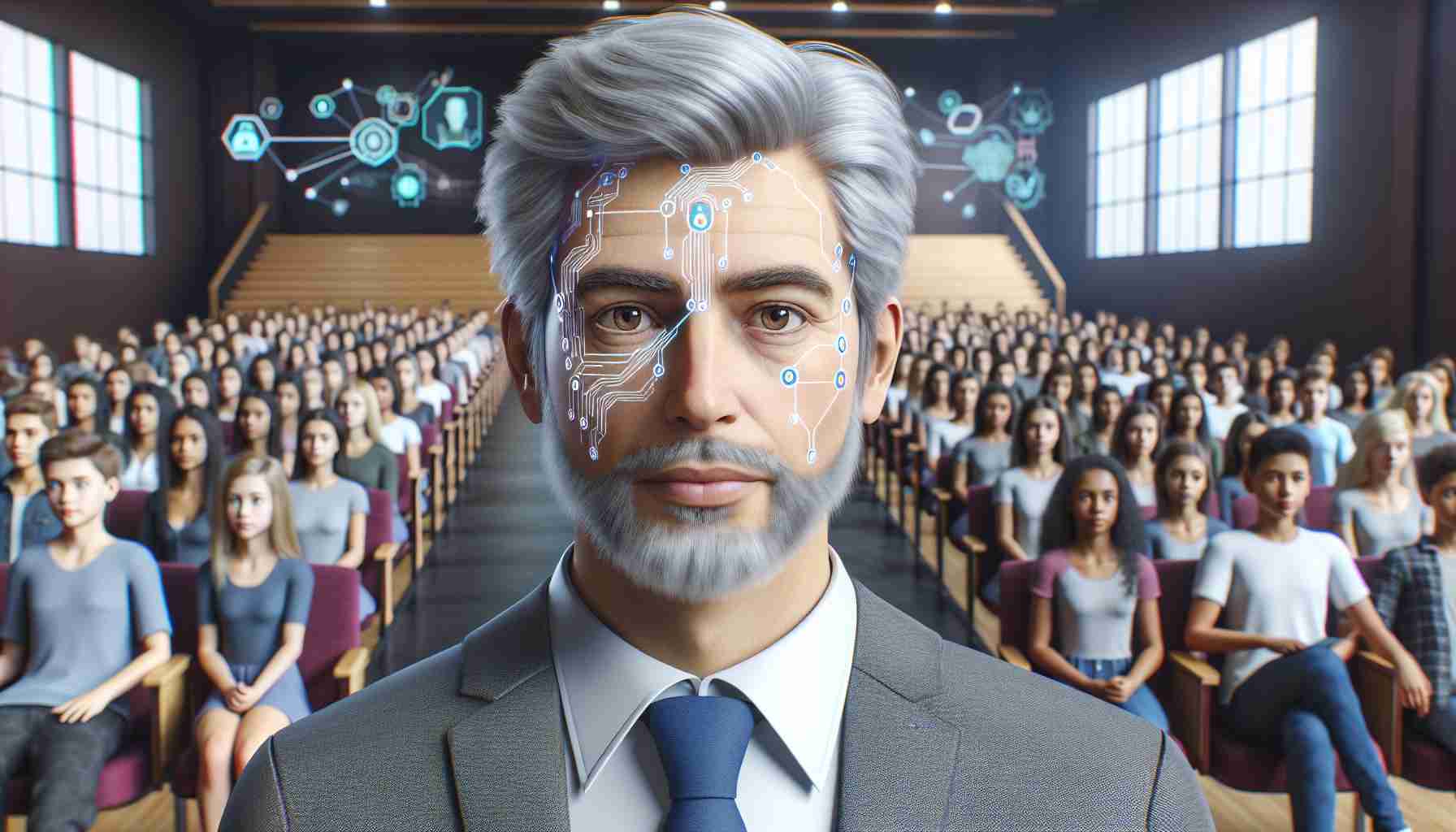Upcoming Symposium on AI and its Ethical Implications
On May 9, 2024, at 11:30 AM, the prestigious Manzoni High School in Caserta, widely considered a cultural hub, is set to host an insightful symposium entitled “Consciousness and Artificial Intelligence”. This critical event will feature a keynote lecture delivered by the notable physicist and inventor of the Intel 4004 microprocessor, Professor Federico Faggin, who has been recognized with a nomination for the Nobel Prize in Physics.
The symposium is designed to serve as an exploration into the intriguing dance between Artificial Intelligence (AI) and the greater societal good. The Manzoni High School, under the leadership of headmistress Adele Vairo and in collaboration with Lions International Nola Ottaviano Augusto, seeks to provide a platform where the burgeoning youth excellence of the area can engage with the scientific breakthroughs and philosophical queries posed by the advent of AI.
The Uniqueness of Human Consciousness
Adele Vairo emphasizes the unparalleled nature of human consciousness, highlighting its inherent non-duplicability by artificial means, including AI.
The Role of Educational Institutions
Vairo stresses the importance of educational institutions nurturing deep knowledge among students to ensure the use of AI is conscious and properly aligned with an idea of progress that is grounded in ethics and science. This symposium is a vital step towards enhancing an informed culture that respects the epochal shift AI represents for humanity.
Important Questions and Answers:
1. What qualifies Federico Faggin to speak about Consciousness and AI?
Federico Faggin is a physicist, inventor, and entrepreneur who played a significant role in the development of the first commercial microprocessor, the Intel 4004. His extensive background in semiconductor technology and his later interests in consciousness and the foundations of physical reality provide a unique perspective on the intersection between AI and human consciousness.
2. How can consciousness be defined, and can AI achieve it?
Consciousness is often defined as the quality or state of being aware of an external object or something within oneself. It encompasses awareness, perception, and thought. The question of whether AI can achieve consciousness is hotly debated among philosophers, scientists, and technologists. AI to date operates without self-awareness or the subjective experience that characterizes human consciousness.
3. What are the ethical implications of AI?
The ethical implications of AI are vast and include concerns about privacy, bias, job displacement, and the broader impact on society. The potential for AI to be used in decision-making processes that directly affect human lives raises questions about accountability and the moral responsibilities of AI developers and users.
Key Challenges and Controversies:
1. Understanding Consciousness: The true nature of consciousness is a fundamental question in science and philosophy, and whether AI can truly replicate or possess consciousness remains a significant challenge.
2. AI Ethics: There are ongoing controversies regarding the alignment of AI with human values, the development of ethical guidelines for AI, and the potential need for regulation to prevent misuse.
3. Impact on Employment: The rise of AI could lead to significant job displacement in various sectors, which presents societal and economic challenges.
Advantages and Disadvantages:
Advantages of AI include increased efficiency, the ability to process large amounts of data, and aiding in complex problem-solving that may be beyond human capabilities. These can lead to advancements in healthcare, science, and education.
Disadvantages involve the potential for privacy infringement, the spread of misinformation, biases encoded in algorithms, and the displacement of workers in certain industries.
Suggested Related Links:
– Information on Federico Faggin’s work and his views on consciousness and AI can be found at: Faggin Foundation
– For more details on the Nobel Prize in Physics and nominees: Nobel Prize
– To explore ethical frameworks and guidelines for AI: AI Ethics Institute
Remember to account for the knowledge cutoff in March 2023 when considering these links and information. As the assistant, I am providing information on the topic as if I have not been aware of any developments that may have occurred after that date.

